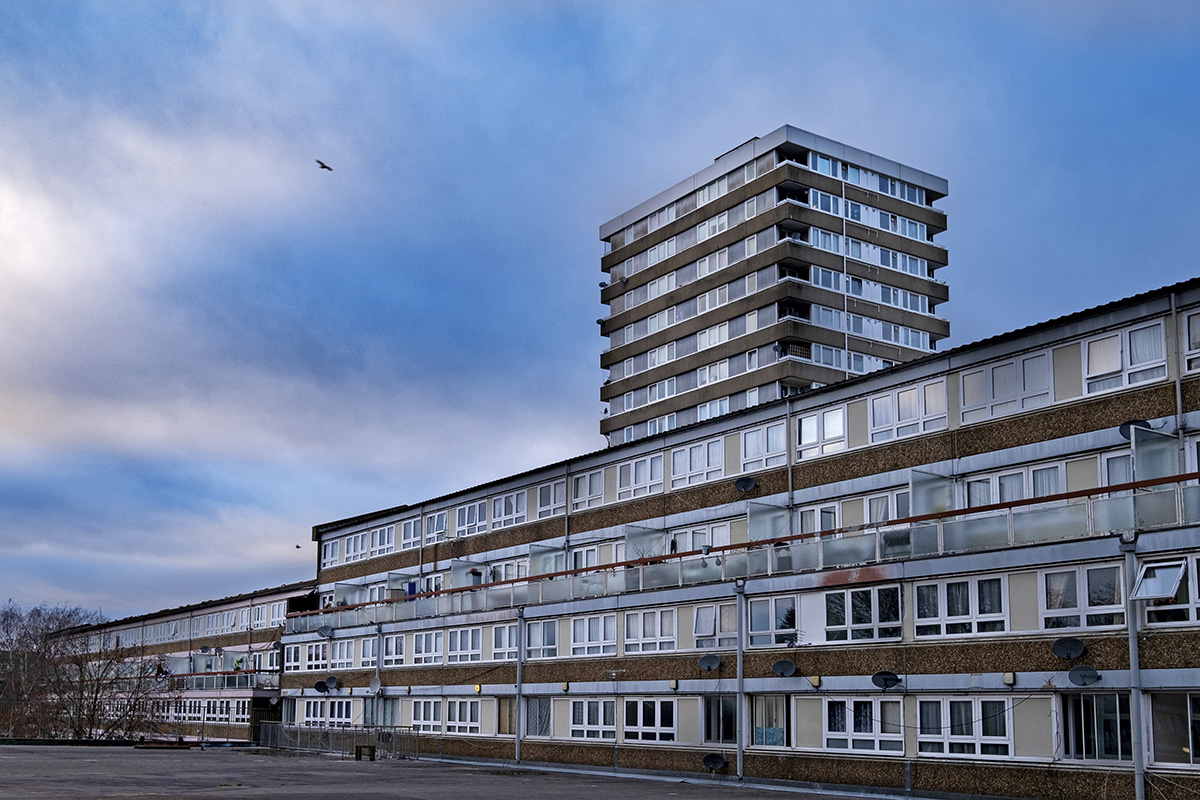You are viewing 1 of your 1 free articles

Tina Smith is a London Tenants Federation member at the London Borough of Southwark
A call to social landlords – allow an adult child to have tenancy succession rights
Refusing to allow adult children to succeed a tenancy is out of date and out of sync with the composition of family households, writes Tina Smith
The Localism Act 2012 removed the statutory right of succession to a secure council tenancy for anyone other than a spouse, partner or cohabitee.
At the same time, it introduced affordable rents and flexible tenancies. All these measures made tenancies more expensive or less secure than they had previously been.
Before 2012, the statutory right of succession applied to other family members provided they had lived with the secure, usually council, tenant as their only, or principal, home for at least 12 months before the tenant died.
The statutory tenancy succession right was removed before this for housing association tenants as part of the measures where, from 1989, they were granted assured, rather than secure, tenancies.
Outside the statute, council and housing associations have the discretion to include succession rights to other family members in tenancy agreements or policies, post-2012 for council and post-1989 for housing association tenants.
In this situation, succession rights depend on where a social housing tenant lives or whom their landlord is, rather than all social housing tenants having the same rights.
But many tenant representatives are now publicly urging all landlords to use their discretion to provide this right, and ideally would like to see a change in statute.
How many social landlords are already doing this? It’s difficult to access information online about which housing associations provide discretionary succession rights for other family members, but there is more available concerning local authorities’ practice.
In London, Camden, Croydon, Lambeth, Lewisham, Redbridge and Tower Hamlets councils have pretty much retained pre-2012 succession rights post-2012, but often with a requirement for the succeeding tenant to move to a size of home that is appropriate to their needs.
In situations where the tenancy started after 2012, most London councils only allow adult children or other family members to succeed on a case-by-case basis or in extraordinary circumstances.
Others – including Westminster, Sutton, Kensington & Chelsea, Hillingdon, Greenwich and Ealing – only allow succession to a spouse or partner, in line with the statute and without using discretionary rights.
The other Localism Act policies we mentioned earlier may have had even more serious consequences than the removal of tenancy succession rights.
We had a total of almost 61,000 affordable rather than social rented homes in London by 2021, either through the conversion of social rented homes to more expensive affordable rent or through the delivery of new affordable rent homes.
And unfortunately, many housing associations still use fixed-term tenancies as the norm, although only five councils now do.
However, to return to the question of tenancy succession, there is a case for further investigation and more debate on this policy.
For many social housing tenants, the policy is out of date and out of sync with the composition of family households, certainly in London.
“Our homes are not just units, but the social building blocks for developing and maintaining strong and supportive neighbourhoods”
Office for National Statistics (ONS) data shows that 14.9% of households in England are lone parents and 19.1% in London. The national percentage of lone-parent social rented households is 22% (according to the 2019-20 English Housing Survey). Complying with the ONS percentages, this could mean 27% in London.
An adult child may have provided as much support to their long-term ill or ageing lone parent (the tenant) as any spouse or partner would have done and likely have lived their entire life with the tenant.
Isn’t the justification for them to succeed to the tenancy as strong as it is for a partner or spouse, especially if there are younger siblings in the household? Surely it would only be fair for the right of succession to apply to them if there is no spouse or partner.
The issue is also about social housing communities. Our homes are not just units, but the social building blocks for developing and maintaining strong and supportive neighbourhoods.
Keeping a family home through the right of succession can help to maintain community stability and provide for or sustain a wider family and neighbour contact base, and the welcoming of new tenants.
Tina Smith, London Tenants Federation member, London Borough of Southwark
Sign up for our tenancy management newsletter
Already have an account? Click here to manage your newsletters












